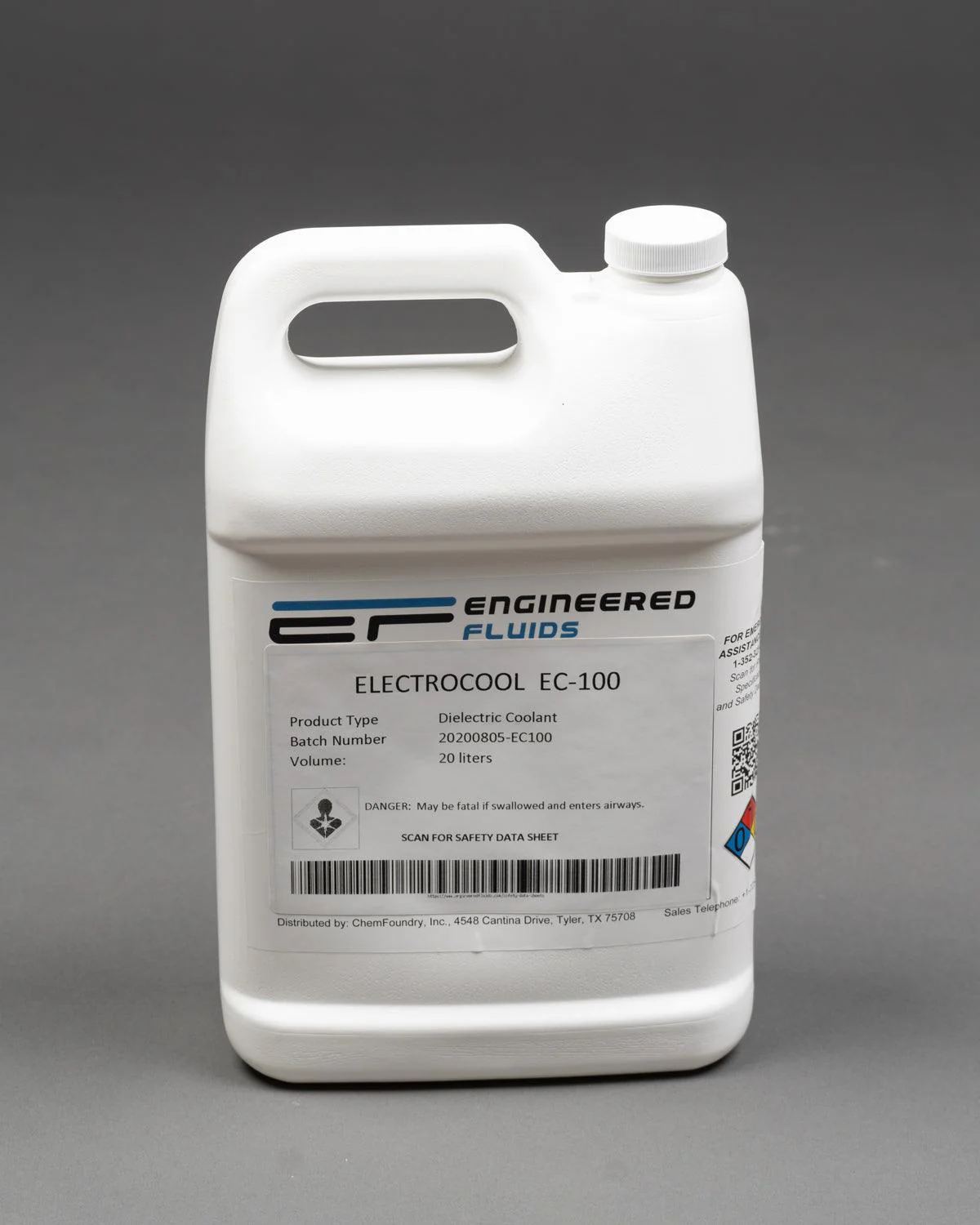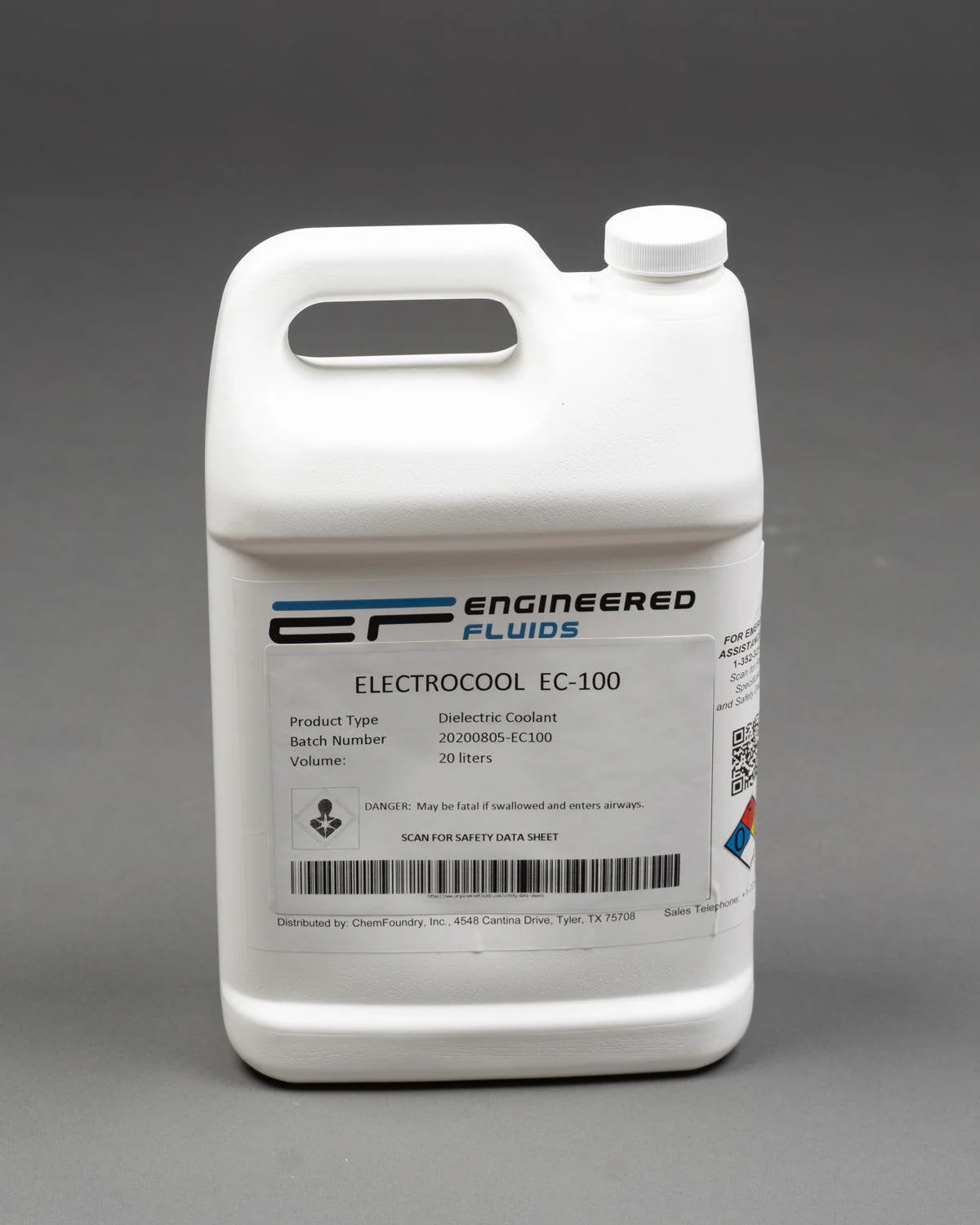Answer

Sep 25, 2021 - 10:59 AM
In general, AmpCool AC-110 can be used in cooling systems that were originally designed for water/glycol coolants. However, in a complex system such as Tesla's cooling design, we do not recommend changing the coolant fluid. This is because of the following points:
* As hydrocarbons are about 85% as efficient as water/glycol in heat transfer effectiveness, AmpCool will not cool the battery/motor system as efficiently. Overheating may occur.
* Elastomeric materials (rubber gaskets, O-rings, etc.) that are made to be used with water/glycol are usually not compatible with hydrocarbons such as AmpCool, and should be replaced.
For simple systems, such as cold plates used to cool CPUs, these points are easy to overcome. In complex systems that are prebuilt, such as installed automotive cooling systems, changing the gasket materials and allowing for for the reduced efficiency is a more complicated, and possibly dangerous process.
Cooling systems that are designed for Single-phase Liquid Immersion Cooling (SLIC) technology are more efficient than cold plates using water/glycol because of the intimate contact between hot components and the Dielectric Coolant. Using a Dielectric Coolant in a cold plate system doesn't allow you to take advantage of the natural efficiencies of SLIC technology.
* As hydrocarbons are about 85% as efficient as water/glycol in heat transfer effectiveness, AmpCool will not cool the battery/motor system as efficiently. Overheating may occur.
* Elastomeric materials (rubber gaskets, O-rings, etc.) that are made to be used with water/glycol are usually not compatible with hydrocarbons such as AmpCool, and should be replaced.
For simple systems, such as cold plates used to cool CPUs, these points are easy to overcome. In complex systems that are prebuilt, such as installed automotive cooling systems, changing the gasket materials and allowing for for the reduced efficiency is a more complicated, and possibly dangerous process.
Cooling systems that are designed for Single-phase Liquid Immersion Cooling (SLIC) technology are more efficient than cold plates using water/glycol because of the intimate contact between hot components and the Dielectric Coolant. Using a Dielectric Coolant in a cold plate system doesn't allow you to take advantage of the natural efficiencies of SLIC technology.





Add New Comment